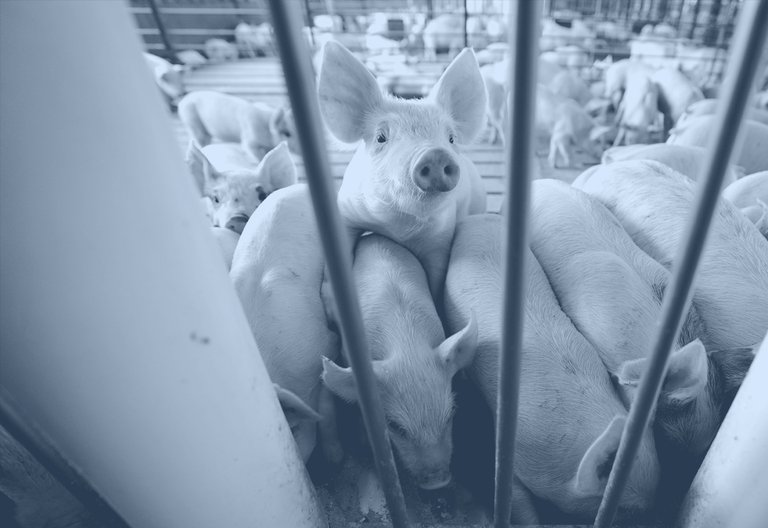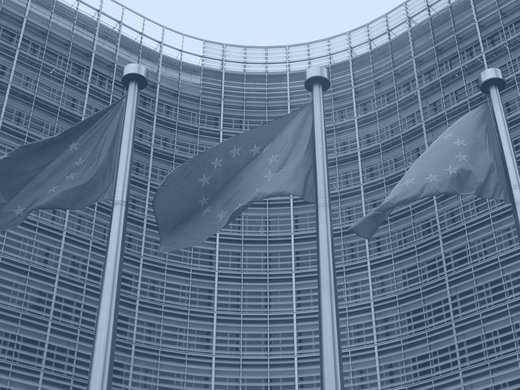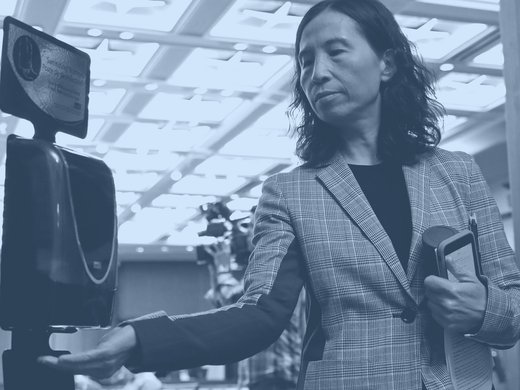mong its many effects, the COVID-19 pandemic is laying bare the poor relationship between humans and the natural environment. We need to pay attention to this relationship without delay — not to eliminate, but to mitigate and reduce (through detection, prevention and considered response) similar future outbreaks. Micro-organisms such as the COVID-19 virus are evolving alongside us through time.
The root cause of the COVID-19 pandemic is zoonosis — the transmission of pathogens from animals to humans. Zoonotic disease is frequently compounded by a broad set of environmental conditions. Zoonoses are responsible for about 60 percent of infectious diseases in humans, estimated to total about one billion cases of illness and millions of deaths every year. These figures don’t even take into account the impact of COVID-19.
Beyond the direct health impact, infectious diseases cost society hundreds of billions of dollars. The economic and social impact of the COVID-19 pandemic has prompted calls for a new agenda for world recovery, one built on a sustainable economic model that tackles inequalities and inclusion in the face of climate change. These efforts are important. But, in the absence of a short-term solution to cure or treat the disease, it is important not to lose sight of the fundamental importance of the relationship between humans and the natural environment in dictating the spread of infectious diseases such as COVID-19.
Over the years, researchers from different disciplines have called for more careful attention to problems between human beings and natural environments that are exacerbated by poor development of societies. A new generation of researchers started to develop frameworks, built on the concept of sustainable development and integrating social and economic dimensions, to investigate the interactions between the health of humans and the health of the environment. Whether through One Health or Ecohealth, these multi-sectoral, integrative approaches found early successes in the developing world, with solutions based on collaborative and preventive actions that simultaneously treated infectious diseases and made interventions in the environment with the active participation of affected populations.
Examples of the effectiveness of this model include a project in Kathmandu, Nepal, where the transfer of echinococcosis (a type of tapeworm) infection from stray dogs to humans was almost eradicated, through a combination of education, monitoring and policy developed to eliminate open-air butchery stalls in the city and transfer the slaughtering work to upgraded cold-maintained facilities. Similarly, in Guatemala, Ecohealth approaches effectively eliminated contact with “kissing bugs,” which transmit heart and liver diseases to humans, bringing Chagas disease under control. The low-cost solution — which involved controlling the disease vectors by plastering the walls of houses — was developed through similar research processes and supported by comprehensive national policies. Even the successful elimination of DDT while maintaining malaria control in Mexico and Central America can be traced back to these approaches with active monitoring, rapid detection and environmental controls complementing pyrethroid pesticide spraying (which is less toxic than DDT). Researchers in this field have also been working on emerging zoonotic diseases such as Nipah virus infection, Ebola, the SARS and MERS coronaviruses, avian influenza and Rift Valley fever, to name but a few. They are seeking not just to find vaccines but, importantly, to research and better understand how these outbreaks happen.
Around the globe, our current development models amplify a multitude of factors that contribute to making these zoonotic diseases a real threat to humanity. These factors range from the encroachment of human activities in new territory for agriculture or extractive activities, to intensified animal production, to abuse of antibiotics, to human migration due to conflicts or climatic or socio-economic stress, to poor sanitation and land management, to poverty and hunger, to culture or a lack of knowledge of health risks involving wet markets or the consumption of bushmeat and wild animal species. In short, it is never about a single reason.
As is true for many other development problems, silver-bullet solutions are not sustainable; if the problems are not fixed at their origins, we are left vulnerable to recurrences. Still, a relatively simple three-step process in the short term could potentially make giant strides toward preventing or mitigating zoonotic threats in the future.
First, we need to maintain constant effort and resources to pursue research on zoonoses with medical, environmental and social sciences and — most importantly — not only in times of crisis. While in the recent past we have seen swift responses mobilizing resources in time of crisis — for example, the Rapid Research Fund we created at the International Development Research Centre with the Canadian research-granting councils in a record time of 48 hours, to study social dimensions of the Ebola outbreak in the Democratic Republic of Congo — longer-term funding is rare and difficult to maintain by a sole source. For this difficult research, which looks at multiple factors in the field and needs multiple interventions to find lasting solutions, money is now virtually absent. Why don’t interested donor organizations agree on a coalition and joint commitment with stable funding for 10 years to support research on zoonosis? Long-term research funding needs to be part of the pandemic prevention tool box.
Second, the scientific field of One Health-Ecohealth has shown great potential for finding lasting solutions to zoonosis and is driven by a set of exemplary researchers from around the world. But these researchers are conducting their work in a fragmented manner with scarce resources. At a time when international travel is barely possible, it is time to capitalize on these researchers, particularly the ones close to where the problems are in the developing world, through a virtual network leading research on zoonosis and development. Such a network would provide insights from the field in the years to come that could be invaluable to national and international authorities for finding solutions that deal with environment, health and socio-economic issues to prevent global pandemics. Such networks existed without being virtual, but the effort has not been sustained over time, due to either the absence of pandemic disease or the end of funding!
Still, one such virtual network was recently rolled out in only a few weeks. Think COVID-19, composed of about 20 think tanks, is providing governments with independent research-based advice or responses on the socio-economic impacts of the pandemic. Our experience shows that a network on zoonosis and development could be launched and operative in weeks with relatively modest funding.
Lastly, we have seen since 2015 both the Group of Seven and the Group of Twenty Health Ministerial meetings putting global health threats on the agendas of world leaders. Consequently, these fora could be ideal sponsors of this virtual network. That support could lead to a journey seeking practical solutions, led by research leaders in the field where the problems are, resourced by stable funding and top-notch existing local and international research capacity, and coordinated virtually. This proposal is simple, pragmatic, feasible and would not cost a huge amount of money (infrastructure and travel costs, in particular, would be low). Can we afford not to do this before another beast gets out of the box locally or globally?





